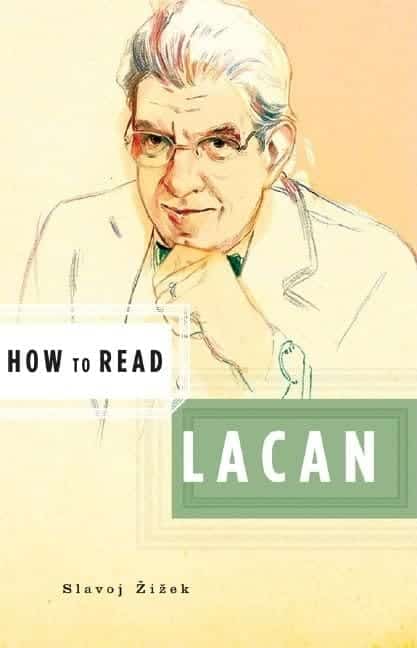I pose a question: admitting the validity of Lacan’s belief that man is “immersed” from the moment of his birth in language (a thesis I agree with wholeheartedly), how much is it possible to desire that which is linguistically indescribable insofar as, by its nature, it transcends the “containment” imposed by the structure of natural language?
At first glance, this may seem rather bizarre and unnecessarily brainy: if man conceives of and describes (albeit circumstantially and often “awkwardly”) a transcendence, it should be able to become both the object of “whim” (understood as a minor desire, lacking the “directionality” that imprints the “true” and only desire) or the ultimate goal of a genuine desire that, existentialistically speaking, is located in that limbo that separates human being as such from his non-being because he has reached the limit of his time (and, as Heidegger puts it, become “finally” self-entitled).
Unfortunately, however, at least in this case, oversimplification not only does not reward any effort but also risks plunging the analysis into a self-referential vortex where there is no longer any possibility of rational elaboration. Suppose language is the medium that “authorizes” us to define that with which we enter into a relationship (i.e., which we “call”). In that case, desire is also limited by our linguistic capacity. Consequently, its pseudo-objects will be part of a more or less vast and varied but still limited and unexpandable set (without first having “enlarged” the language boundaries).
Desiring transcendence is possible only by imagining the latter as a reality analogous to the linguistically defined (not surprisingly and entirely inappropriately, we often speak of “other life”) with all the appropriate existential consequences. First, the “banality” of the structure of objects: an “eternal life” is at least as insane as the idea of having to bear the burden of eternal limits, but a “limitless and eternal life” is even more absurd in that the language that authorizes us to talk about it warns us by first defining the term “limit” (experienced immediately by humans) and then, with great imaginative effort, allows us to create a privative phrase whose correspondence to reality is possible by delimiting the scope of discourse.
By its definition, the transcendent is linguistically indescribable (unless one speaks in allegories whose value is lost in the “uncultured” amazement of children and the ignorant) and, therefore, is inherently undesirable. “Heavy” statement is true, but closing this short article with another question: what is the universal and inescapable criterion to be sure that one is desiring transcendence and not “transcendence” (i.e., its linguistic”avatar”)?
A brief note on Lacan’s psychology and philosophy
Jacques Lacan, a leading figure in psychoanalysis, introduced a unique philosophical perspective focused on the importance of language in shaping human subjectivity. Lacan believed that language was not just a tool of communication but rather a structure that fundamentally influenced our perception of reality. According to Lacan, language is inevitable; it constructs our understanding of the world and ourselves, forming the basis of our identity and desires.

One of the main elements of Lacan’s philosophy is the concept of “Symbolic Order,” which represents the realm of language and culture that shapes our experience. Lacan argued that we are born in language and that our thoughts and desires are mediated through linguistic symbols. This linguistic framework is crucial to Lacanian psychoanalysis, as it highlights language’s role in forming the unconscious and how language structures our desires and behaviors.
In essence, Lacan’s philosophy underscores the idea that language is not just a means of communication but a powerful force that defines our existence and shapes our subjective experience in profound and unavoidable ways.
If you like this post, you can always donate to support my activity! One coffee is enough!


